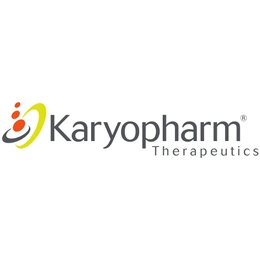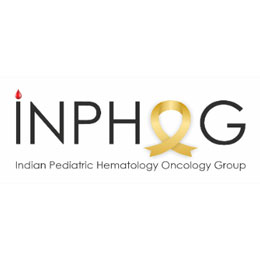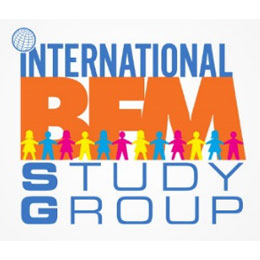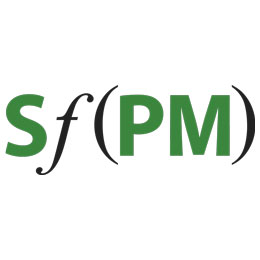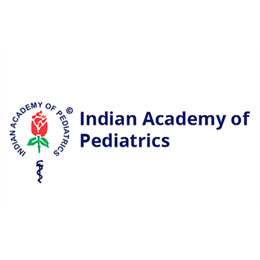Vision of the group
With modern risk-stratified, response-based multi-agent chemotherapy protocols, the outcomes for cancer have improved worldwide. An example of this is childhood acute lymphoblastic leukaemia, where cure rates are more than 85%. However, a proportion of these patients are refractory to therapy or have persistent detectable disease after 2 blocks of chemotherapy, and have inferior survival rates (Very High Risk).
Our group is dedicated to developing solutions for these very high-risk cancers. The heterogeneity of malignancy demands personalized approach to improve outcomes in very high-risk patients. Precision oncology has traditionally used static features like expression of key targets or mutations to identify therapeutic targets. Although a small proportion of individuals derive clinical benefit from the static approach, functional precision medicine provides dynamic information regarding cancer vulnerabilities. Functional precision medicine is a strategy whereby live cancer cells from patients are directly perturbed with compounds to provide immediately translatable, personalized information to guide therapy. We use this approach to inform therapy for these patients, understand chemo-resistance and identify novel agents for treatment of these otherwise difficult-to-treat malignancies.
Active Projects:
-
Image-based high throughput drug response profiling for very high-risk haematological malignancies.
-
Exploiting metabolic vulnerabilities of chemo-tolerant cancers.
-
Developing machine learning-based image analysis solutions for phenotypic characterization of tumours and multi-omic correlation.
-
Drug tolerance and B-cell ontogeny in acute lymphoblastic leukaemia.
-
Recombinant asparaginase in patients with acute lymphoblastic leukaemia.
Clinical Studies:
-
Precision Approach for Treatment of Haematological Malignancies: Prospective, open label, single centre, single arm phase 1b/2 study
Meet the Team
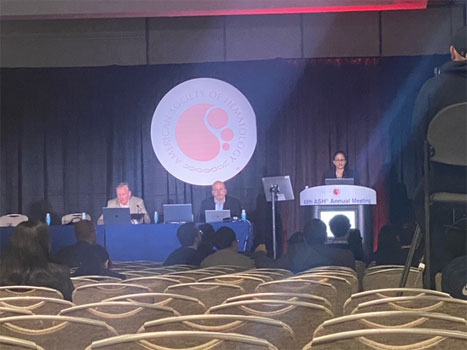
Presentation at the Annual Conference of American Society of Haematology (ASH), 2023 at San Diego, USA
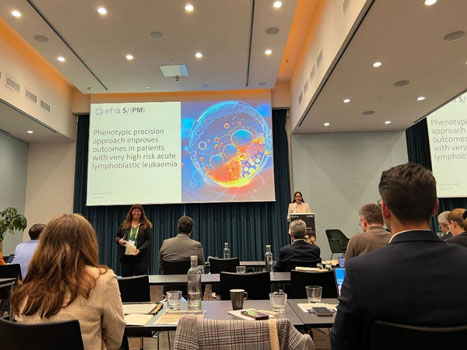
Presentation on Phenotypic Precision approach in refractory leukaemia at the Conference Society of Functional Precision Medicine (SfPM), 2025 at Copenhagen, Denmark.
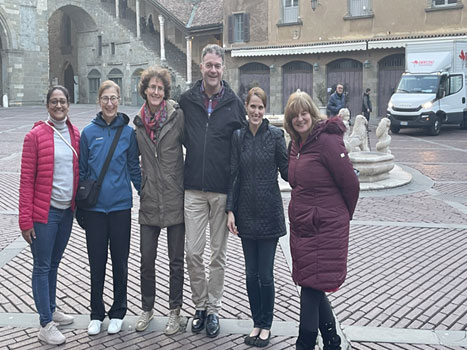
Annual iBFM resistant disease committee meeting,2024 at Bergamo,Italy
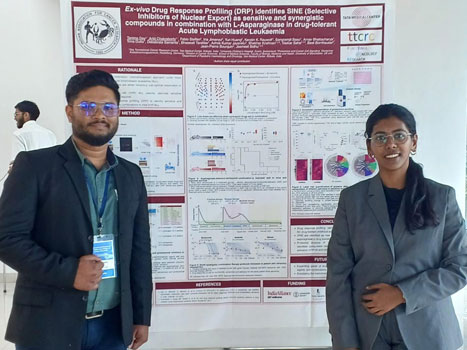
Mr. Arijit Chakraborty and Ms. Tanima Dey presenting poster at 43rd Annual Conference of Indian Association of Cancer research (IACR) at IISER Pune in January 2024.
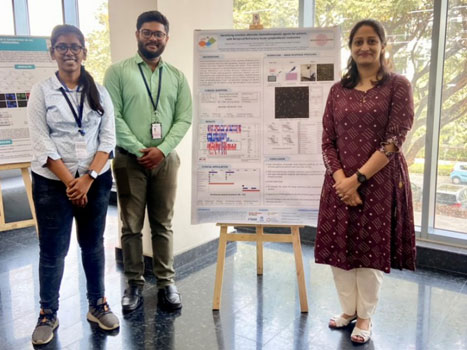
Poster presentation of FORE Group at Annual Review of TTCRC at Tata Medical Centre Kolkata in January 2023
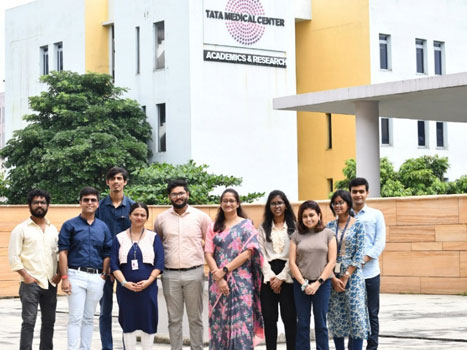
FORE Group at Annual Review of TTCRC at Tata Medical Centre Kolkata in January 2023
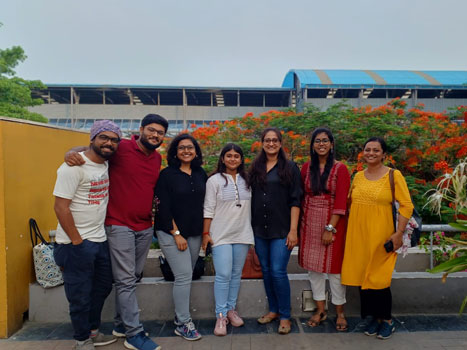
Team FORE. L to R: Ms. Tanima Dey, Ruhani, Ms. Mousumi Biswas, Mr. Arijit Chakraborty, Mrs. Bhaswati Tarafdar, Ms. Ankita Das, Sumeet, Dr. Jasmeet Sidhu.
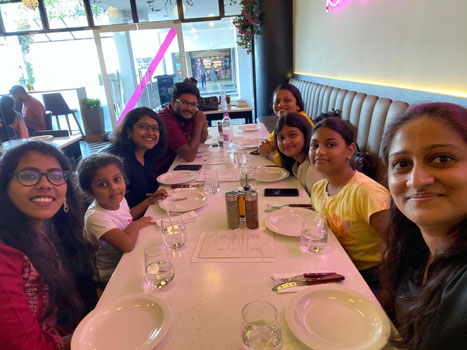
Team FORE. L to R: Ms. Tanima Dey, Ruhani, Ms. Mousumi Biswas, Mr. Arijit Chakraborty, Mrs. Bhaswati Tarafdar, Ms. Ankita Das, Sumeet, Dr. Jasmeet Sidhu.







